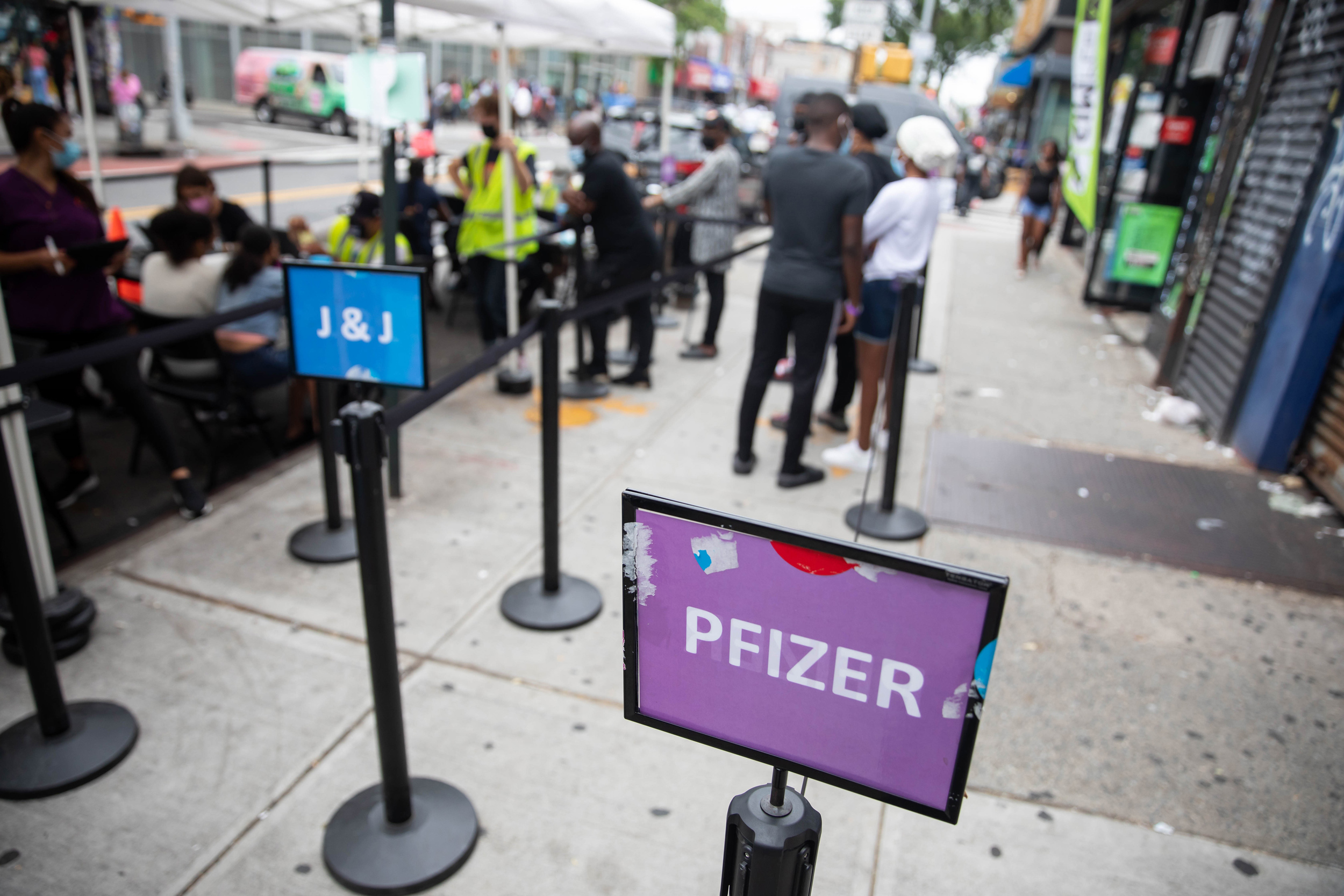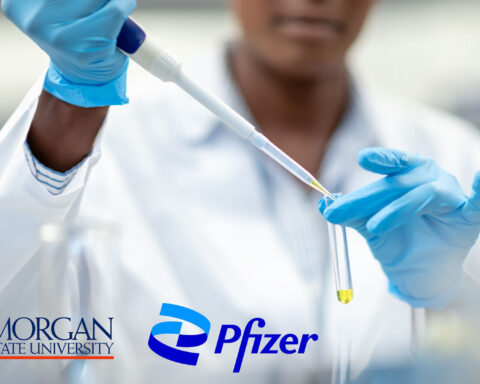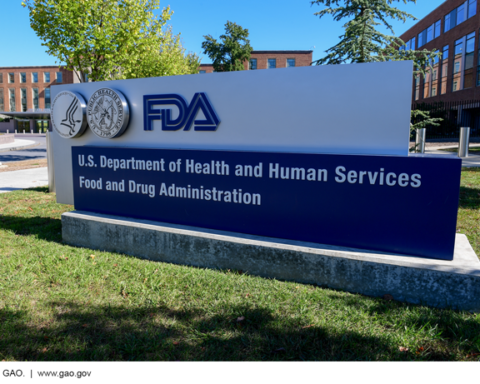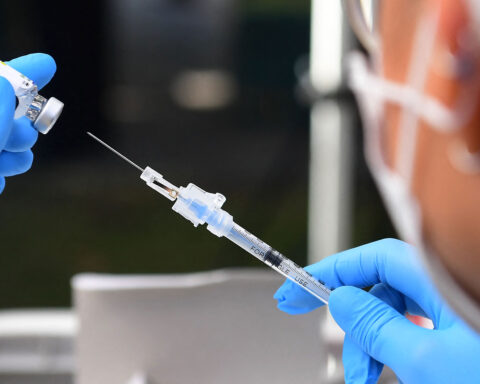Key decisions on whether all adults will be eligible for a Covid-19 vaccine booster could come soon.
The US Food and Drug Administration is currently considering Pfizer and BioNTech’s request to amend the emergency use authorization for their Covid-19 vaccine so that all adults would be eligible for a booster shot; Dr. Peter Marks, director of the FDA’S Center for Biologics Evaluation and Research, told CNN the request was the center’s “highest priority.”
On Tuesday, the agency confirmed its vaccine advisers, the Vaccines and Related Biological Products Advisory Committee, will not be convened to consider the booster EUA decision — which means the FDA’s authorization decision could come any time.
“While the FDA cannot predict how long its evaluation of the data and information will take, the agency will review the request as expeditiously as possible,” FDA spokesperson Alison Hunt told CNN.
Also on Tuesday, CDC spokesperson Jason McDonald said the US Centers for Disease Control and Prevention’s Advisory Committee on Immunization Practices will meet Friday to discuss expanding booster eligibility for Pfizer’s Covid-19 vaccine. CDC’s vaccine advisers typically meet only once a vaccine has received authorization from the FDA.
If the FDA authorizes the boosters for all adults and CDC’s vaccine advisers support recommending them, CDC Director Dr. Rochelle Walensky must sign off on the recommendation before they can be officially administered.
However, the majority of adults are already eligible to receive boosters.The FDA had already authorized boosters for anyone 65 and older who was vaccinated at least six months ago and for certain adults at high risk of infection or of severe disease. Recent studies suggest that while vaccination still provides strong protection against severe disease and death months later, immunity may begin to wane and protection against milder and asymptomatic disease may drop. Studies also show that booster doses restore that immunity.
And with Covid-19 cases on the rise, some states and cities are choosing not to wait for official signoff from FDA or CDC, and have already opened up boosters to all adults.
Need for transparency
FDA’s vaccine advisers typically meet to discuss a requested EUA amendment and make a recommendation on how the agency should proceed. This time, the FDA has concluded that Pfizer/BioNTech’s request does not raise questions that would require additional discussion by the advisory committee, which is made up of experts who do not work for the agency.
Dr. Arnold Monto, the acting chairman of FDA’s advisory committee, told CNN last week there is a precedent for FDA opting not to consult its vaccine advisory committee on certain decisions, noting that members of the committee meet “at the discretion of the FDA,” and that it can be “cumbersome” to convene members, which makes it difficult to respond quickly to changing circumstances.
But Dr. Paul Offit, a member of the FDA vaccine advisory committee, told CNN last week that he thought meetings of both FDA’s and CDC’s vaccine advisers were “the best way for us to be transparent” about Covid-19 vaccine boosters.
“I think we need to show why a booster dose is clearly of benefit to 18-29 year-olds, because if it’s not clearly of benefit, we have to consider the fact that myocarditis was a second dose phenomenon and may also be a third dose phenomenon. Do the benefits clearly and definitively outweigh risks for 18-29 year old?” Offit said.
Dr. Grace Lee, a member of the CDC’s vaccine advisory committee, noted that the ACIP meeting will give the public a view of the vaccine booster data once it has been authorized by FDA.
“We know Pfizer submitted a request to FDA and I anticipate as soon as FDA has made their decision, ACIP will be discussing this in an open meeting where the public can see all the data in hand,” said Lee, a pediatrician at the Stanford University School of Medicine.







